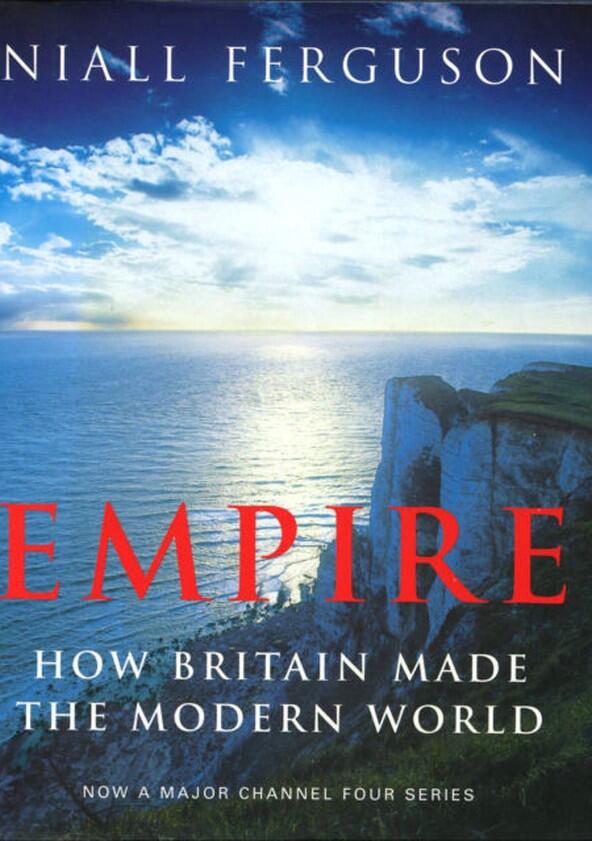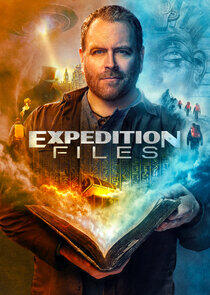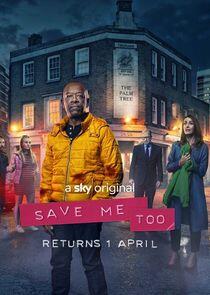Empire: How Britain Made the Modern World - Season 1

Season 1

Episodes

Why Britain?

White Plague

The Mission

Heaven's Breed

Maxim Force

Empire for Sale
Recently Updated Shows

60 Minutes
60 Minutes has been on the air since 1968, beginning on a Tuesday, but spending most of its time on Sundays, where it remains today. This popular news magazine provides both hard hitting investigations, interviews and features, along with people in the news and current events. 60 Minutes has set unprecedented records in the Nielsen's ratings with a number 1 rating, five times, making it among the most successful TV programs in all of television history. This series has won more Emmy awards than any other news program and in 2003, Don Hewitt, the creator (back in 1968), was awarded the Lifetime Achievement Emmy, along with the 60 Minute correspondents. Added to the 11 Peabody awards, this phenomenally long-lived series has collected 78 awards up to the 2005 season and remains among the viewers top choice for news magazine features.

Expedition Files
In the all-new series Expedition Files, adventurer Josh Gates travels through history on a search to uncover new evidence and answers to the world's most captivating and unexplained mysteries. Each episode of Expedition Files explores compelling true stories that defy explanation, offering stunning revelations and surprising new insights.

Harry Potter
A child who inexplicably survives the killing curse teams up to fight the dark wizard who murdered his parents.

Save Me
Save Me is the story of a most unlikely hero, Nelson Nelly Rowe, and his search for Jody, his missing daughter. A daughter he hasn't seen for thirteen years - more than half her life. Nelly's a charmer, a chancer, a lover, a fighter, a liar. And now an estranged father accused of kidnapping the daughter he's barely ever seen. On his way to finding Jody, Nelly will save lives, find others who have been lost, reunite loved ones, make enemies from friends, risk his life and the lives of others close to him and continually end up back on his feet after finding himself flat on his face. He's a man that faces a stark reality, as hard as it may be to admit, that in losing his daughter he finds himself.

RuPaul's Drag Race
RuPaul's Drag Race is a Primetime Emmy Award winning American reality competition television series, hosted by five time Emmy Award Winning Host and international Drag superstar RuPaul. The show features drag queen contestants competing in weekly challenges such as photo shoots, comedy performances and stomping the runway in the hopes of avoiding the bottom two - where they will have to lip sync for their lives.